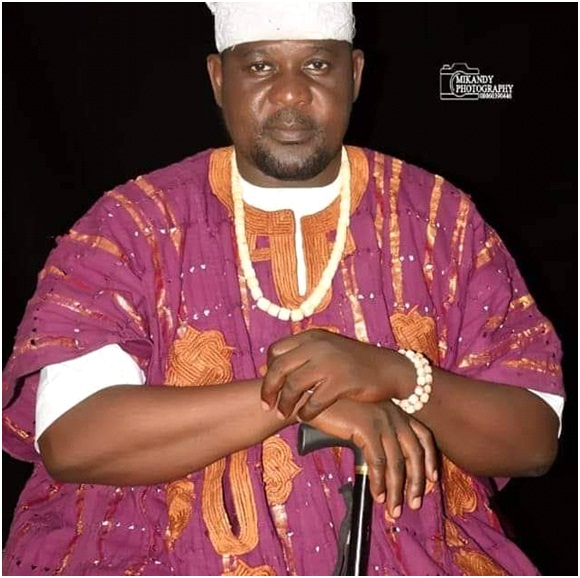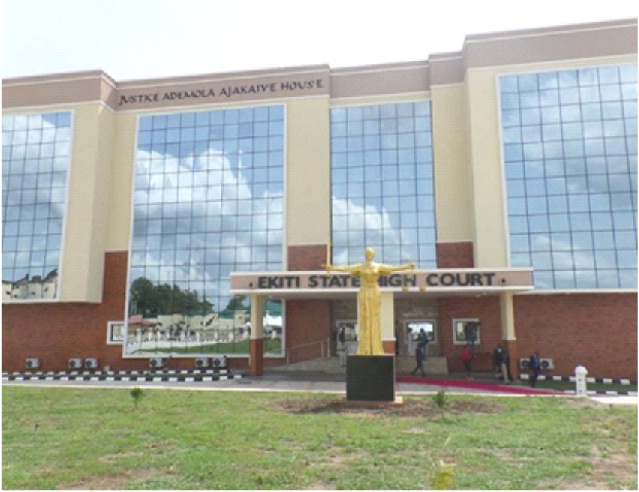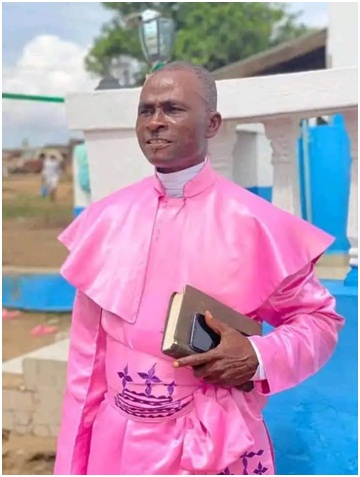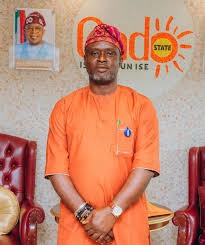Democratisation of Institutions
DEMOCRACY is the most popular form of government accepted today by nations globally in moderating collective existence and interests. This is more so given the multiplicity of opinions and desires that are part of human sensibilities. In all intent and purpose, democracy simply means people’s participation in governance and the running of government processes. To this end, the people should ordinarily be involved in decision-making processes on what would affect them, as the voice of people should count in that regard.
HOWEVER, Nigeria’s democratic processes have not been absolutely liberalised, to allow for full democratisation of decisions leading to placements in public offices, as political office holders at the executive levels are literally given the powers to appoint/select individuals into certain critically relevant political offices.
THE Hope believes that the conferment of appointing authorities on the President and Governors, for instance, even when recommendations are made by other collaborating organs of government functionalities, as provided for in the constitution, turns them to semi-gods with absolute powers.
THE notion of appointment, nay selection, is a colonial tradition that presupposes the appointment or selection of a person that will be loyal to the appointing authority rather than to the constitution, the people and the institution for which the appointment is made. Without mincing words, we are of the opinion that any appointment or selection that elicits the loyalty of the person appointed to an individual, as against collective interest, is a misnomer, as the people should determine who is qualified to lead them at every point in time, either directly, through an election, or indirectly, through representations.
FOR instance, in determining who occupies the office of the Chief Justice of Nigeria (CJN), there should be an election of the qualified by the constituency within which the person would operate. Such an election would engender loyalty and allegiance to the people and the institution rather than individuals or group of individuals. Apart from the fact that the participation of the relevant constituency would guarantee acceptance and help prevent bickering among critical stakeholders,
IT will help in; tackling sectionalism, eradicating nepotism and misrepresentation, as well as other unacceptable divisive practices. It is saying the obvious that nepotistic preponderances have heavily divided government institutions, with the negative consequences of lack of respect for constituted authority, slowing down of government operations, unnecessary litigations, and rancorous relationships among others.
WE believe the negativities attached to the current practice of appointments into important public offices are too weighty to be continuously ignored. We, therefore, canvass for an urgent review of the current practice, to allow for a more purposeful and effective alternative that centralises the people, the constitution, and institutions as against individuals. Any institution tied to the apron strings of any individualised appointing authority cannot adequately serve the interests of the people as those of individuals that such a structure is negatively skewed to favour.
THE Hope is not oblivious of the fact that the changes being suggested would require constitutional amendments, as the 1999 Constitution as amended does not allow for democratisation, with power to appoint directly conferred on the President and Governors, as the case may be. Given the foregoing, the ongoing efforts of the 9th National Assembly to amend the constitution should countenance the democratisation of the processes that produce heads for public institutions, such as in the judiciary, INEC, EFCC, and others.
IT is believed that democratisation, if done faithfully, would help in deepening democratic practices in Nigeria, as public institutions would benefit from popular participation, become more credible, and functional in the discharge of their respective constitutional mandates.
THIS goes without saying that healthy and virile institutions would produce fairness, justice and equity, which are the cardinal pillars of democracy, and help in the unbiased discharge of the sacred duties that would help promote national integration and effective separation of powers, with the attendant possibility of checks and balances.










